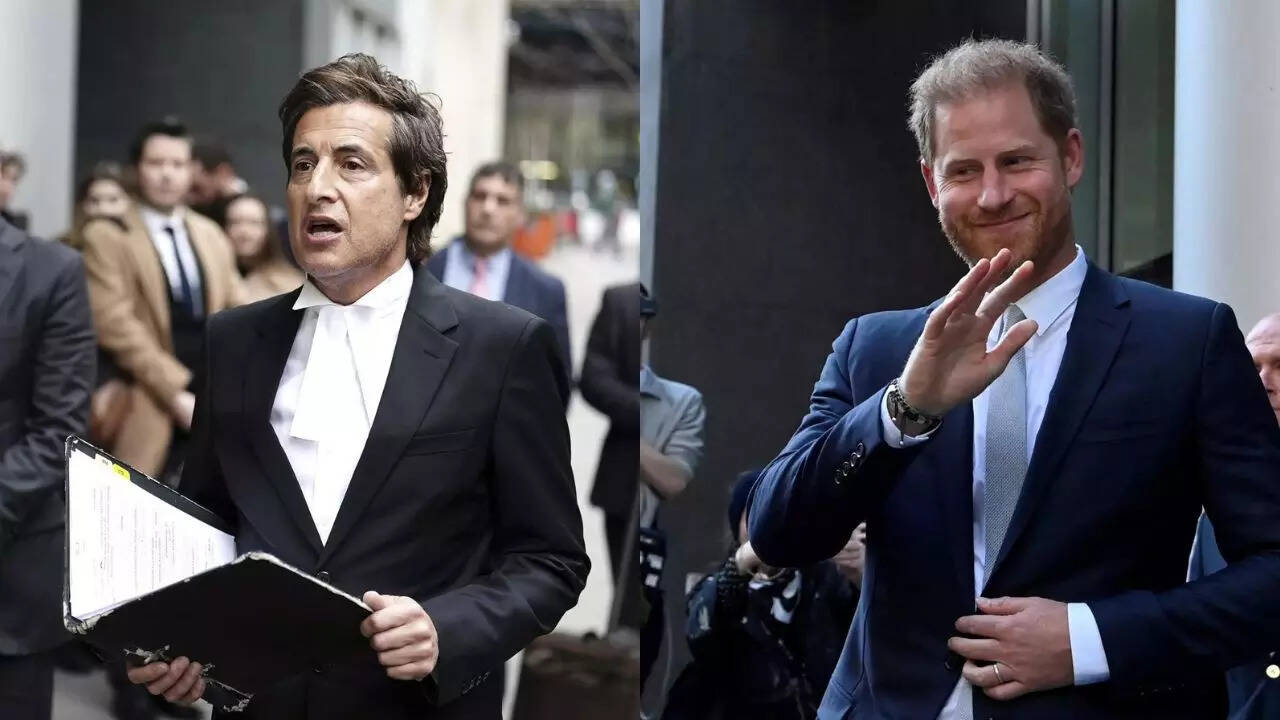Explained: What Led To Joe Biden's Sudden Exit From US Presidential Race
Joe Biden publicly announced his exit from the presidential race on Sunday and endorsed Vice President Kamala Harris as his successor.

After weeks of criticism and scrutiny, US President Joe Biden withdrew from the 2024 presidential race. On Sunday, the president shared his decision to end his reelection campaign in a social media post from his beach house in Delaware while recovering from COVID-19.
Never before has an incumbent president dropped out of a reelection bid so close to Election Day. The decision came after almost a month of questions surrounding his health and pressure following a lacklustre performance in the June 27 debate against former President Donald Trump. Despite initially standing firm, calls for his exit began to gain traction.
Pressure within the Party
Democratic leaders, including former House Speaker Nancy Pelosi, questioned whether Biden's performance was a temporary setback or a sign of deeper issues. The situation worsened when Rep Lloyd Doggett publicly urged Biden to withdraw.
Biden's team attempted to address these concerns through public appearances and statements. However, their efforts were largely unsuccessful. The president's July 5 interview with ABC News, where he stated only the "Lord Almighty" could convince him to leave the race, did little to ease concerns and even angered some Democrats.
Up until his departure, Biden and his team consistently maintained he would remain in the race. He appeared in a high-profile interview with NBC News' Lester Holt, acknowledging his debate shortcomings but criticised media focus on his gaffes instead of Trump's falsehoods. Biden said that only a "medical condition" could force him to reconsider his bid.
Party division
On July 10, actor George Clooney, in an opinion piece published in the New York Times, criticised Biden's performance and urged him to consider withdrawing. Former US House Speaker Nancy Pelosi's reluctance to endorse Biden only deepened the divisions within the party.
By July 11, the situation reached a tipping point. Biden's public comments and verbal slip-ups, including confusing Vice President Kamala Harris with Trump and referring to Ukrainian President Volodymyr Zelensky as Russian President Vladimir Putin, raised further doubts about his readiness for another term. This only solidified the view that it was in the best interest of both Democrats and America to have an alternative to Biden.
Joe Biden's exit
Ultimately, the combination of internal pressure, poor polling numbers, and the president's declining public performance led to Biden's decision to withdraw.
On Sunday, he publicly announced his exit and endorsed Vice President Kamala Harris as his successor.
Now, with just 107 days before the election, this sudden shift presents both risks and opportunities for the party.



































![Safari Thorium Neo 8-Wheel Luggage Set Trolley Bags (Set of 3) at just Rs. 5,599 [MRP 29,100]](https://savefree.in/uploads/images/202409/image_870x580_66f63845060f0.webp?#)












![Handmade Brown Mango Wood Chopping Board At just Rs. 89 [MRP 599]](http://savefree.in/uploads/images/202303/image_870x580_641bf7e9c2206.jpg?#)


